Fertility Diet: What to eat when trying to get pregnant.
What is the optimal fertility diet?
Diet and lifestyle have a significant effect on fertility in that they can improve the quality of the ovum (female egg) and sperm. It is well established in research that nutrition has a role to play in fertility in both males and females, luckily for couples, the diet is very similar for both partners!
There are a few key nutrients to focus on when trying to conceive:
Whole grains
Omega 3 fats
Plant foods
Antioxidants
Whole grains include foods like brown rice, quinoa, whole grain pasta, spelt, rye and many more. In this study, women who consumed an average 1.2 serves of whole grains had higher probability of implantation whilst undergoing an IVF cycle. The researchers concluded that women who had a higher whole grain intake had higher rates of implantation and of live births, they found this was a direct result of thickened endometrium. If you are coeliac or gluten free, there are plenty of gluten free whole grains to include such as buckwheat, amaranth, millet, quinoa, sorghum and rice.
The role of omega three fatty acids is significant in male factor fertility, improving sperm quality, count, morphology and therefore, chances of falling pregnant! According to this study, men with unexplained infertility could benefit from omega three supplementation, and other studies find omega three supplementation could prolong female fertility, though the research is still in it’s early days, it’s exciting to know there are options for women who want to start a family later in life. Omega 3’s come from fatty fish mostly, fish such as salmon, trout, sardines and mackerel. They are also found in nuts, seeds and extra virgin olive oil.
A diverse range of plant foods helps not only your gut microbiome, but also makes fertile ground for conception! Plant foods like legumes, vegetables fruit, nuts and seeds contain essential nutrients that are beneficial in preconception. Nutrients like folate, zinc, iron, selenium, B vitamins and iodine all come from plant foods and are all essential nutrients for preconception. They also provide fibre, which not only helps to improve your gut health but can also help to balance hormones, and has been shown to be beneficial in conditions such as endometriosis which can impact fertility negatively.
Antioxidants help to protect the egg and sperm from oxidative damage that comes from everyday life: stress, pollution, alcohol, burnt crusts or sun damage. Sometimes it’s unavoidable and antioxidants come in to help! You can find antioxidants in berries, purple vegetables like eggplant and beetroot, extra virgin olive oil, nuts and seeds.
Is there a diet that combines all of these things? As a matter of fact there is! The mediterranean diet is one of the most well documented diets that is unrestrictive (so I like it from an intuitive eating perspective), it is well balanced and will benefit BOTH female and male factor fertility. It includes whole grains, fish, nuts and seeds, lots of plant foods and of course extra virgin olive oil!
If you are in preconception and wanting to do something proactively to support your fertility, consider implementing a mediterranean style diet.
If you are looking for further support, click here to book in a 1:1 consultation with Ellie and get you started on your fertility journey :)
